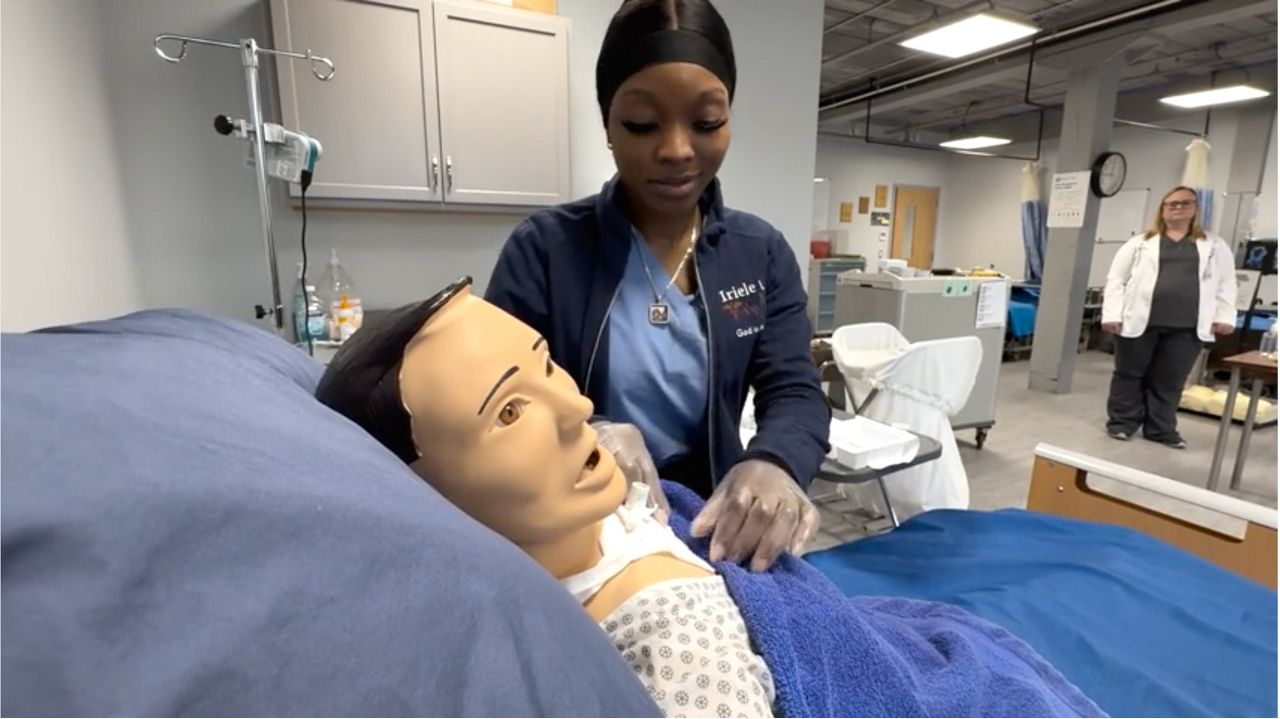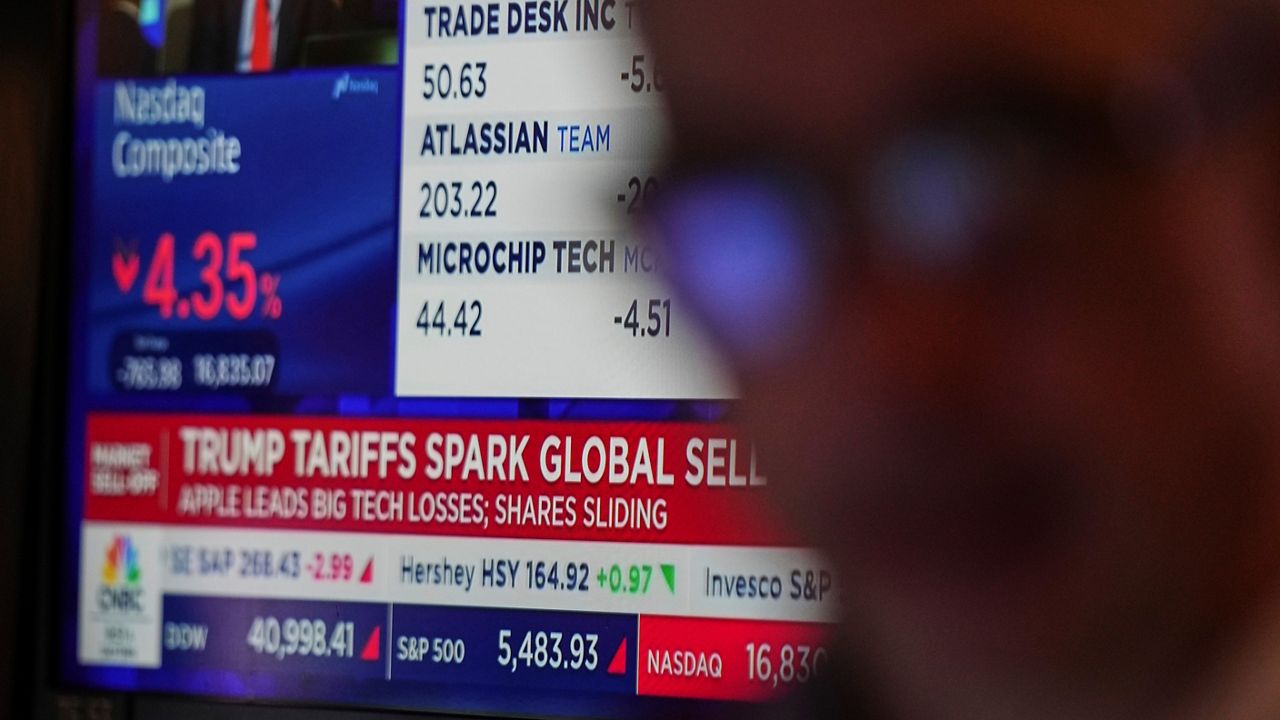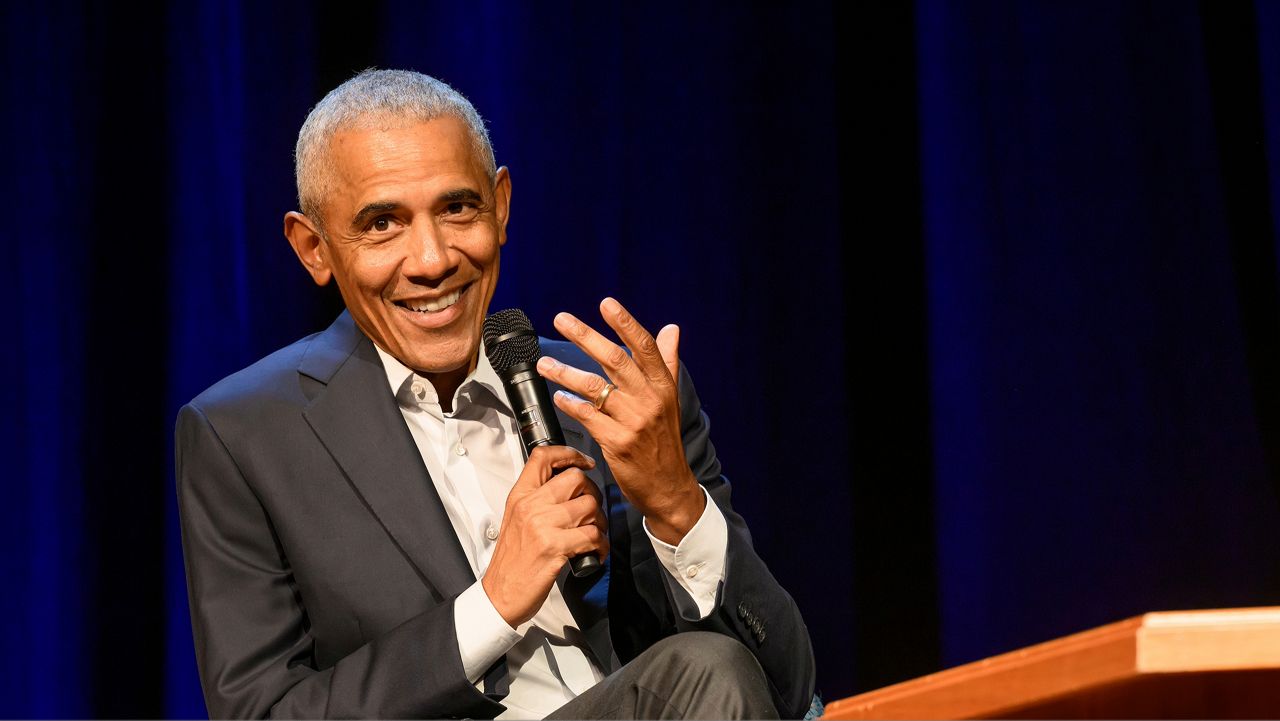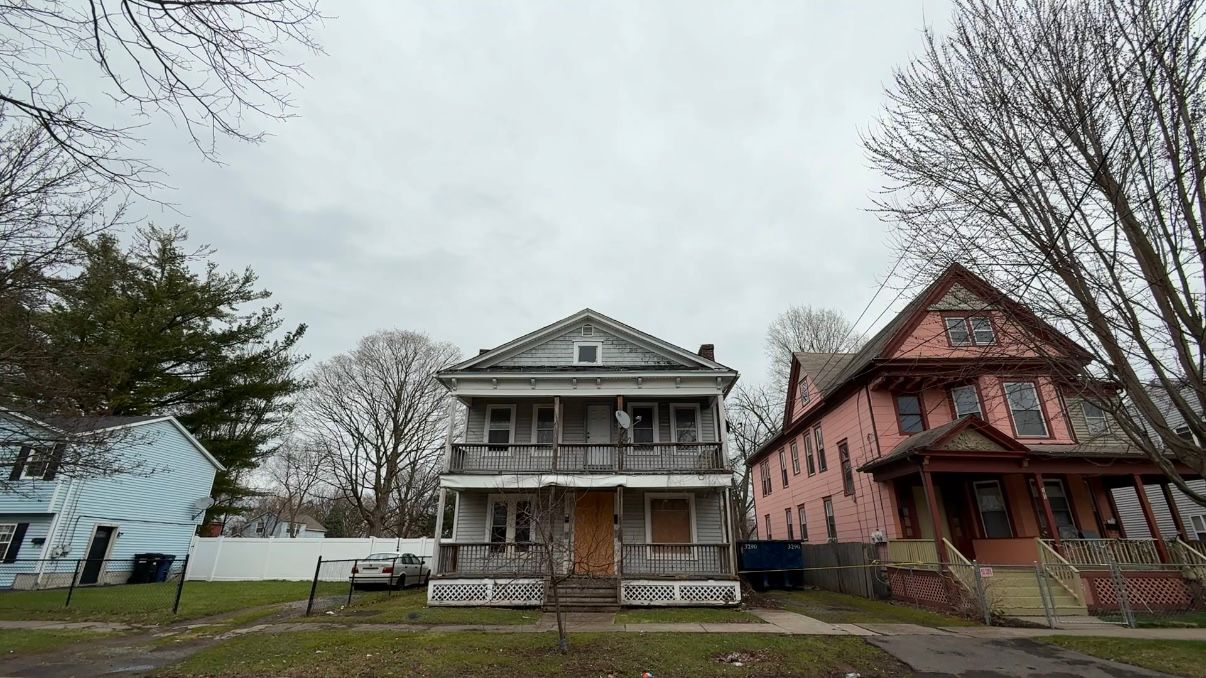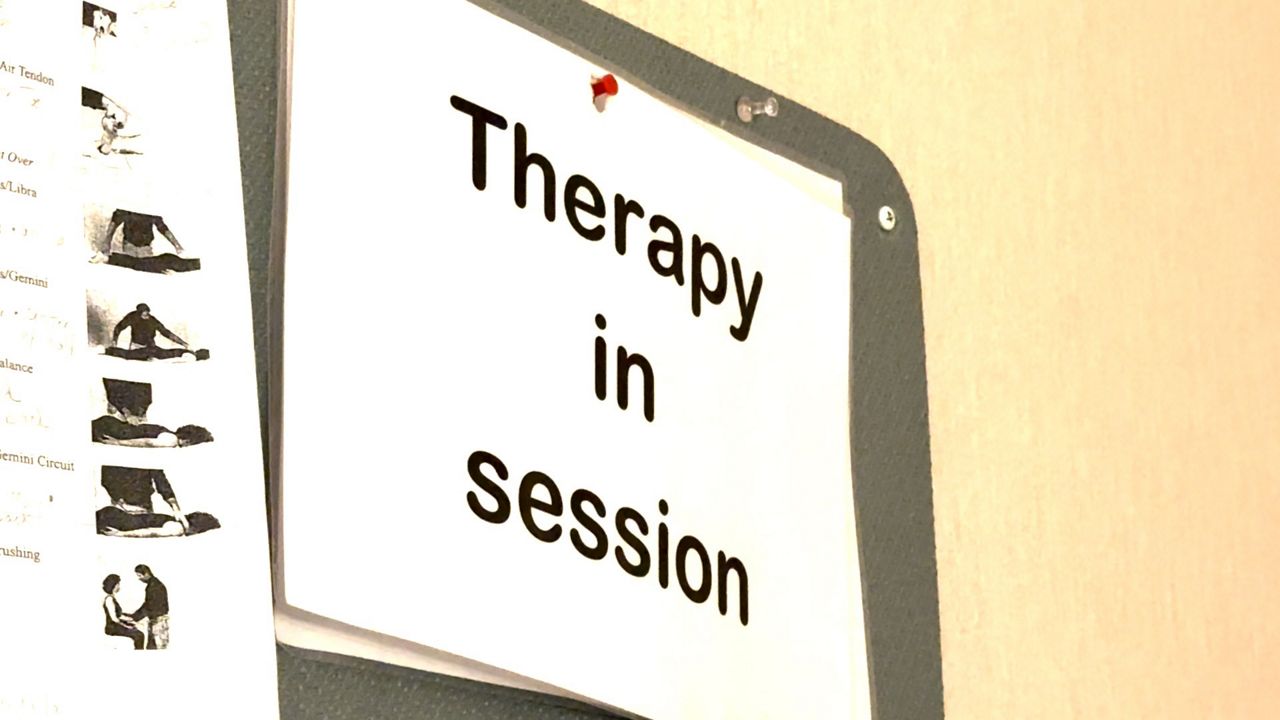Pushback continues as New York state takes steps toward a mandated goal of a zero-emission electricity sector by 2040.
State lawmakers from the Mohawk Valley met with several business owners and municipal leaders who said the deadlines and efforts are unrealistic.
What You Need To Know
- State Sen. Joseph Griffo and Assemblymembers Marianne Buttenschon and Brian Miller met at Utica Mack on Friday, along with several business owners and municipal officials who want the Climate Leadership and Community Protection Act (CLCPA) paused
- Concerns were also raised about the Advanced Clean Truck Act that requires manufacturers making vehicles 8,500 pounds and up to sell an increasing percentage of electric vehicles each year
- The Alliance for Clean Energy New York recognizes the challenges posed by the state’s climate initiatives, but said the deadlines should stay in place
“Even if we can't solve all the trucking needs and all the basic needs today with what's available on the market and the infrastructure challenges that we have, let's figure out what we can solve and put a good faith effort in towards working towards that," said Alliance for Clean Energy in New York Executive Director Marguerite Wells.
Caring about the environment’s health isn’t the question right now. For some, the question is, "how should we go about helping the environment?"
“It’s important for everyone here to understand that our dealerships and customers are not against a cleaner environment. In fact, we support it. The timing and legislation of the CARB Act is not practical at this time. We are asking for a stop to this law," said Thomas Heiland, president of Utica Mack, a heavy-duty truck dealership.
CARB refers to the California Air Resource Board.
State Sen. Joseph Griffo and Assemblymembers Marianne Buttenschon and Brian Miller met at Utica Mack on Friday, along with several business owners and municipal officials who want the Climate Leadership and Community Protection Act (CLCPA) paused.
The act mandates that 70% of the state’s electricity be generated by renewables by 2030.
Concerns were also raised about the Advanced Clean Truck Act that requires manufacturers making vehicles 8,500 pounds and up to sell an increasing percentage of electric vehicles each year.
In addition to citing cost concerns, opponents said the vehicles aren’t as effective – having issues like increased weight and battery life restraints – and the infrastructure to support it isn’t there.
“We are asking for a stop to this law. In some areas, the grid cannot support a charger. So if you're in an outlying town and you buy an electric truck, you may not be able to put a charger in your area," Heiland said.
“Put it on pause. I mean, I don't think that's an unreasonable request. Pause it all until you re-examine and review and make determinations accordingly, which are reasonable and realistic," said Griffo.
“I don't think anyone in this room is not here to ensure we have a safe environment. They just understand it has to be a realistic process," said Buttenschon.
The Alliance for Clean Energy New York (ACE) recognizes the challenges posed by the state’s climate initiatives, but say the deadlines in the CLCPA should remain in place.
“I agree with what they were saying. The technology isn't everywhere we need it to be right now. It doesn't meet all the thresholds that the constant the use cases that we need. But start today, baby steps building towards a tomorrow with cleaner air and cleaner vehicles," Wells said.
Other concerns were brought up, including a mandate for all state schools to fully transition to electric buses by 2035.








